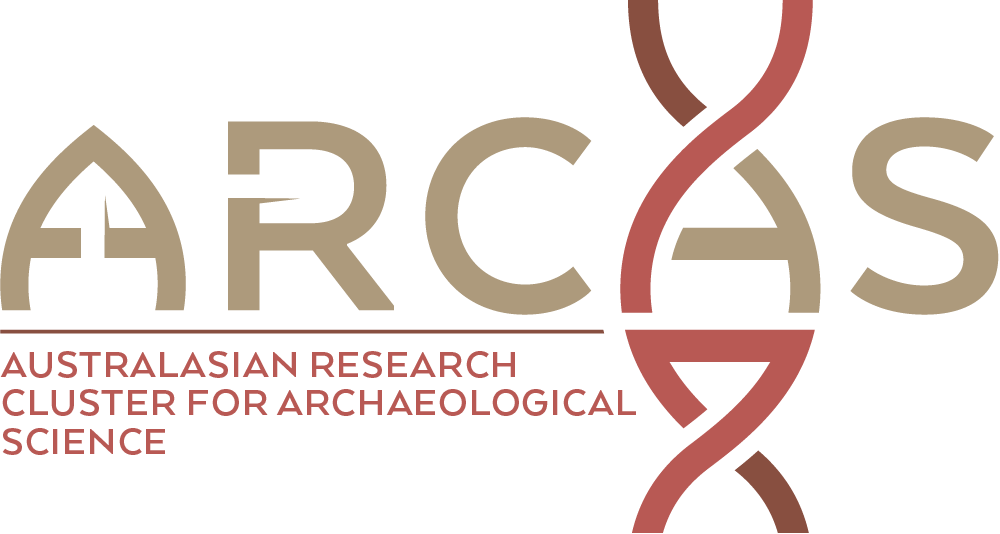Modeling the disappearance of the Neanderthals using principles of population dynamics and ecology
Publication date: December 2018
Source: Journal of Archaeological Science, Volume 100
Author(s): Michael F. Roberts, Stephen E. Bricher
Abstract
Current hypotheses regarding the disappearance of Neanderthals (NEA) in Europe fall into two main categories: climate change, and competition. Here we review current research and existing mathematical models that deal with this question, and we propose an approach that incorporates and permits the investigation of the current hypotheses. We have developed a set of differential equations that model population dynamics of anatomically modern humans (AMH) and NEA, their ecological relations to prey species, and their mutual interactions. The model allows investigators to explore each of the two main categories or combinations of both, as well as various forms of competition and/or interference within the context of competition.
The model is designed to include a wide variety of hypotheses and associated archaeological evidence, not focused on a particular hypothesis regarding NEA extinction. It therefore provides investigators with a model to impartially examine various hypotheses (individually or in combination) regarding climatic effects, differential resource use, differences in birth/death rates and carrying capacities, competition, interference, disease, interbreeding, and cultural distinctions that might have led to the extinction of NEA. Moreover, the model accommodates the design of scenarios concerning—for example—population growth, hunting, competitive interactions, cultural differences, and climatic influences to investigate which concepts best explain the rapid disappearance of NEA.
In addition, our model is a modification of the classical Lotka-Volterra model for a wide range of any two populations competing for a common resource. Specifically, our model explicitly includes the resource as an additional variable, a dependence of important population parameters on resource, as well as accommodates treating one of the populations as invasive.
